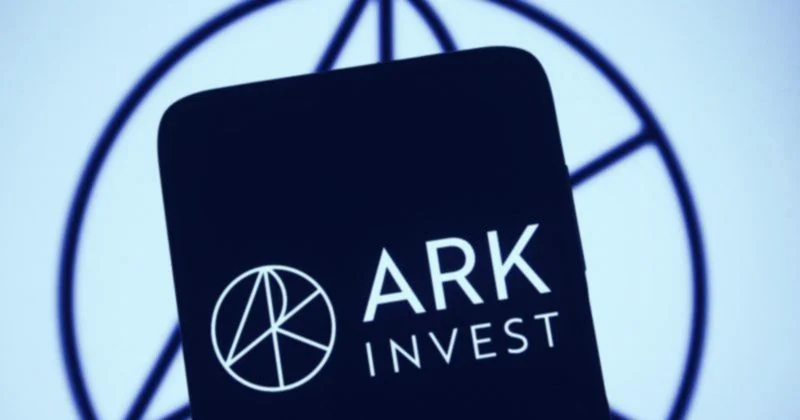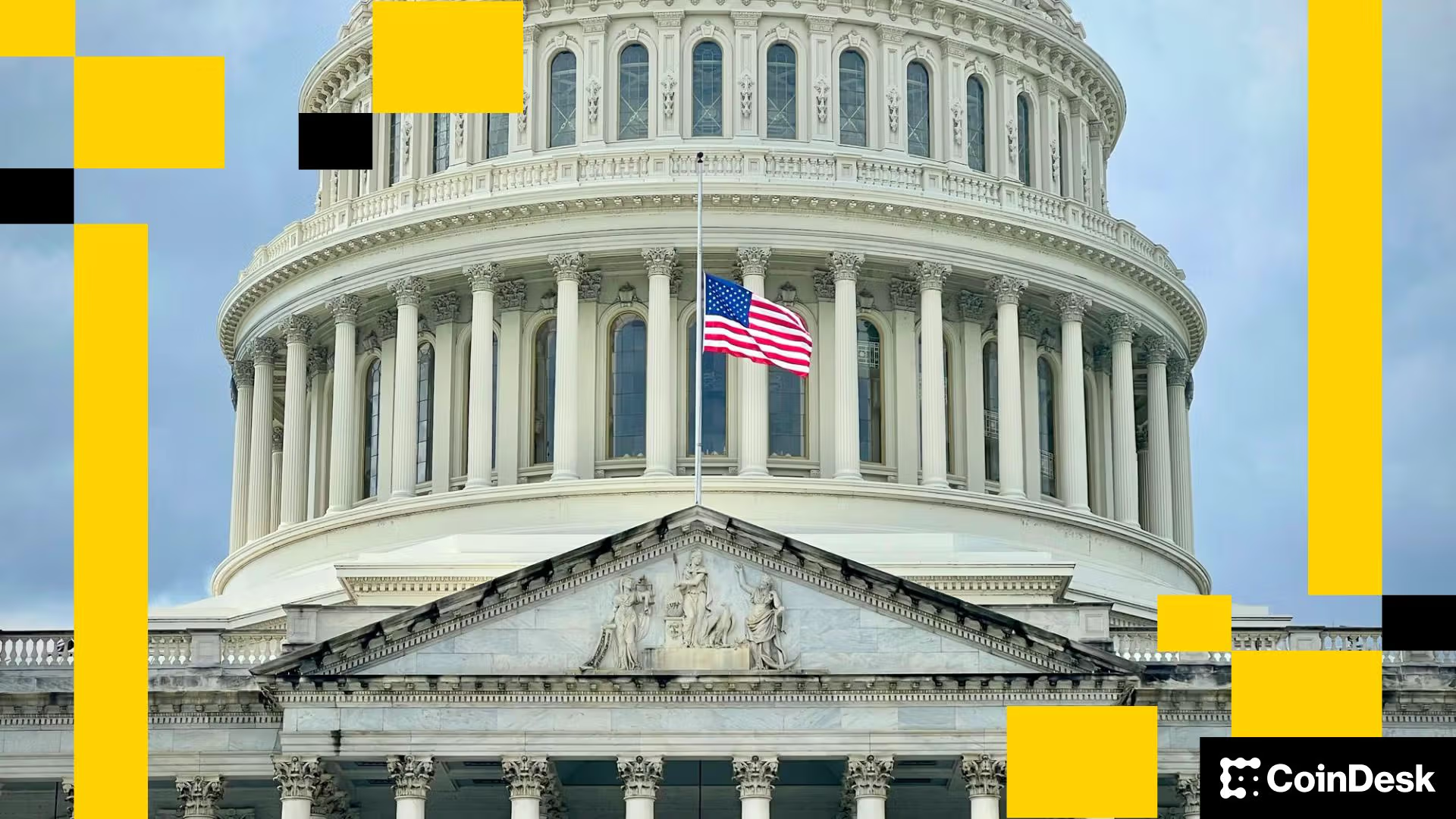This week we switch off the macro discussion to dive into one of the most anticipated in crypto for the year: the Arbitrum airdrop.
We cover how the ARB launch compares to other recent airdrops, what are its effects for the underlying Arbitrum network and how it’s likely to affect Ethereum over the medium-term.

Network Fees — Sum of total fees spent to use a particular blockchain. This tracks the willingness to spend and demand to use Bitcoin or Ether.
- Bitcoin fees hit another yearly high, as demand for the asset and its blockchain heat up
- Ethereum fees dropped after being heavily congested through the USDC de-peg
Exchanges Netflows — The net amount of inflows minus outflows of a specific crypto-asset going in/out of centralized exchanges. Crypto going into exchanges may signal selling pressure, while withdrawals potentially point to accumulation under regular circumstances
- Exchange inflows for Bitcoin and Ether hit their highest in six months; could this suggest profit-taking after both assets rallying by over 50% this quarter?
Crypto’s $1.7B Airdrop
This week, crypto markets welcomed the largest airdrop it has ever seen. With approximately $1.7B awarded, the ARB airdrop stands in a league of its own in terms of value distributed to early users.

Launch Issues — the ARBdrop came with some headaches and criticism despite being a massive wealth creation event
- Arbitrum’s claiming site and the arbiscan block explorer were both down for the first 2–3 hours following its 9AM (EST) launch
- Despite this, some CEXs still listed ARB at 9AM, resulting in low liquidity available and traders buying ARB as high as $11 in Kucoin prior to dropping 90% within hours
- Finally, the airdrop did not have any Sybil detection, meaning that it did not attempt to penalize airdrop farmers who operated multiple addresses just for the purpose of receiving ARB (an independent study claims these addresses received 21.8% of all the airdrop allocation, worth over $370M)
While there is no such thing as a perfect airdrop, it is clear that the ARB launch has brought value to its early users and generated momentum for the Arbitrum network.

New Highs in TVL — ARB’s token release pushed Arbitrum to record levels in terms of total value locked in DeFi applications
- Arbitrum is the only chain within the top 10 listed on DeFi Llama at all-time highs in TVL
- It is also the fastest growing in the last week, with Uniswap and Aave being some of the largest benefactors, recording a 70% and 50% weekly increase in TVL on Arbitrum respectively
- 1.1% of the total ARB supply (worth ~$150M) was also allocated to 100+ projects building on Arbitrum, leading to speculation that some of these funds could be used as incentives to attract users now that all eyes are on Arbitrum
Although it is yet to be seen if Arbitrum can keep up its momentum, it is clear that competing layer 2 networks will try to bring users their way.

Arbitrum Leads — By most metrics, Arbitrum is the leading layer 2 (L2) on Ethereum
- Over the past month, Arbitrum has had multiple days processing more transactions than Ethereum mainnet
- On average, throughout March Arbitrum has had a 38% market share between the networks shown above, compared to Optimism’s 12%
- To make things even more interesting, zero knowledge roll-up zkSync is rumored to be making a major announcement today (Friday)
(Polygon’s mainnet is excluded from the diagram above as its existing chain has its own set of validators and is less of a natural L2, than its upcoming zk roll-ups).
After months of anticipation, Arbitrum’s airdrop finally came and did so in a record-setting way. Despite not being immune to criticism, it is hard to complain after an entity gives away $1.7B to users, all which would have accrued to it creators in a centralized network. While this has been adding to Arbitrum’s momentum, we will see if they are able to sustain it as competition in the L2 space heats up.
Read more: https://medium.com/intotheblock/cryptos-1-7b-airdrop-17cf7b0eee91










All Comments